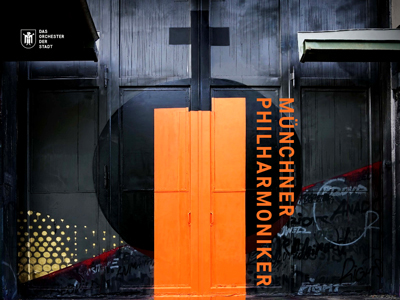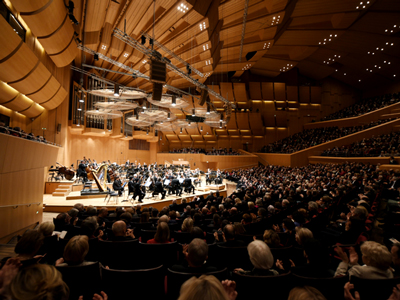
By ANDREW POWELL
Published: October 5, 2015
MUNICH — Members of the Munich Philharmonic, positioned as the “orchestra of the city,” have privately raised money for work and supplies in the refugee crisis here. Together with colleagues at the Philharmonischer Chor München, their management teams, and new MPhil chief conductor Valery Gergiev, the musicians amassed a generous €24,200, or $27,000, which they handed over Friday to four local groups aiding Germany’s mammoth refugee effort.
Munich this summer and fall has been a key arrival point for Syrians and Muslims from other countries fleeing violence. The Starnberg wing of Munich Central Station, further burdened until yesterday by the contrasted spectacle of Oktoberfest revelers, remains cordoned off to manage the ongoing influx.
Photo © Graphism
Related posts:
Munich Phil Tries Kullervo
MPhil Vacuum: Maazel Out
Maazel: ’Twas Always Thus
Jansons! Petrenko! Gergiev!
Gergiev Undissuaded
